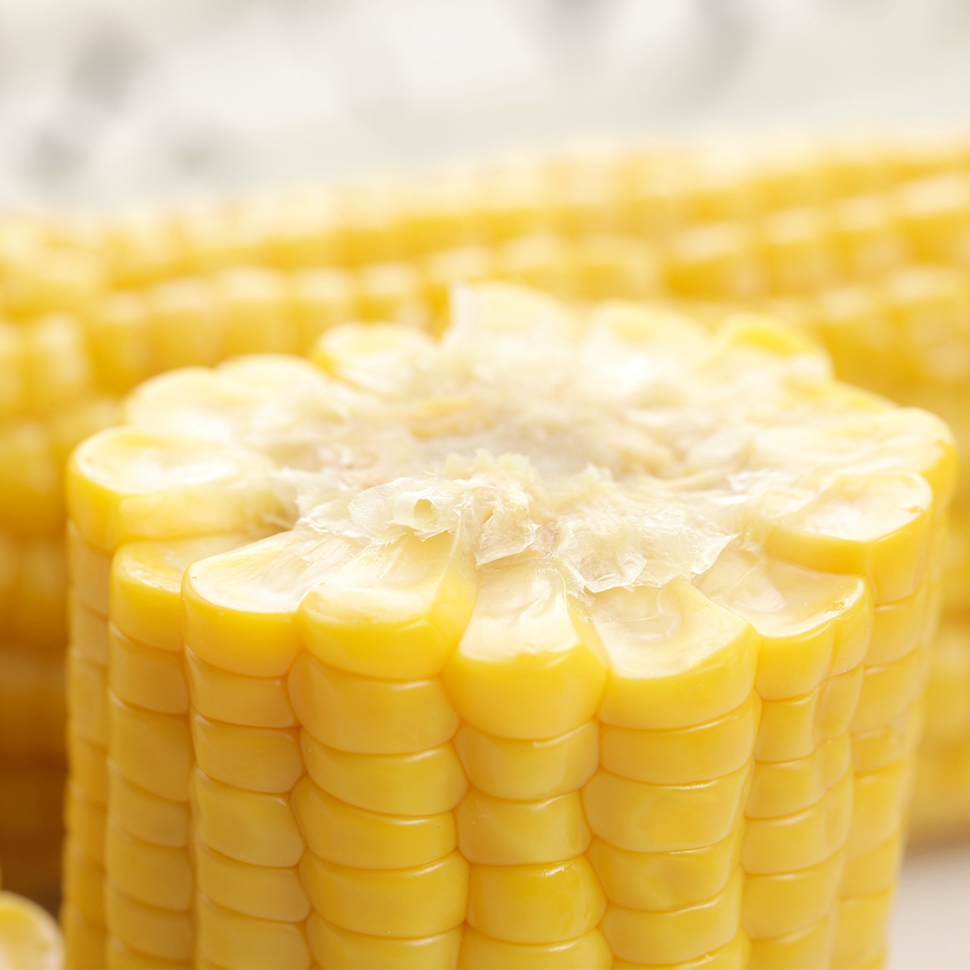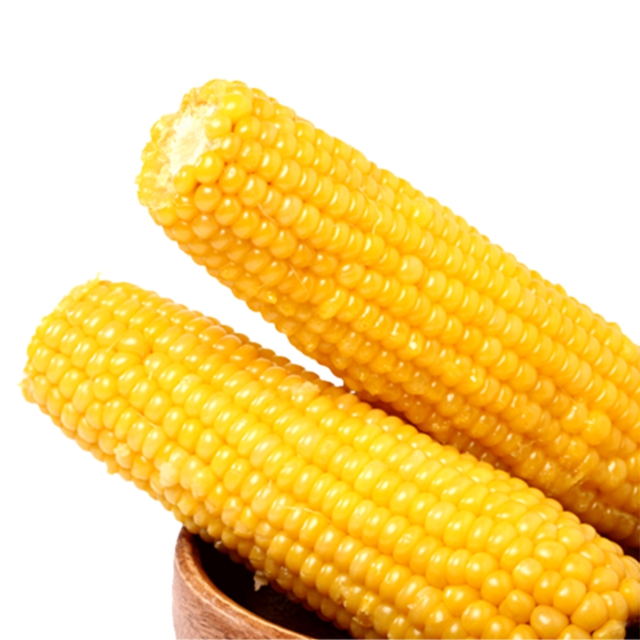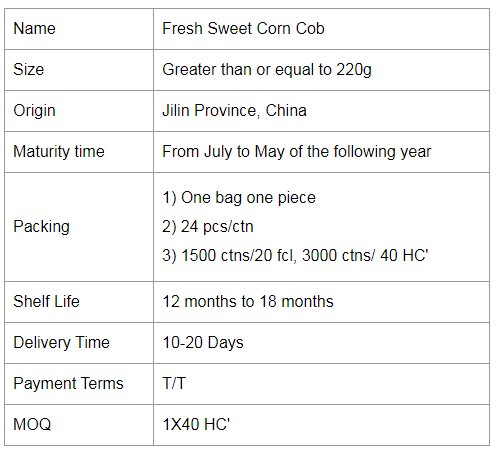1. Fertilizer requirements For cantaloupe, the three conventional fertilizers of nitrogen, phosphorus and potassium have the most potassium, followed by nitrogen, and the least phosphorus. According to research, every 100 kilograms of fresh cantaloupe needs to absorb 2.5 to 3.5 kilograms of nitrogen and phosphorus from the soil. 1.3~1.7 kg, potassium 4.4~4.6 kg. The period of the highest fertilizer requirement is the fruiting period. During production, the principles of applying sufficient base fertilizer, reapplying expanded melon fertilizer, and skillfully applying foliar fertilizer should be mastered. The fertilizer is mainly organic fertilizer, and chemical fertilizer is supplemented. 2. Apply enough base fertilizer. Generally, organic fertilizer and inorganic fertilizer should be used in combination with base fertilizer to increase sufficient nutrients before the cantaloupe blooms and accelerate its growth. The root system of cantaloupe is relatively shallow. The base fertilizer is generally 3000~4000 kg of decomposed farm manure per acre. With 15 kg of potassium sulfate, 25 kg of compound fertilizer and 0.5 to 1 kg of borax. Combined with applying it to the bottom of the ridge during soil preparation, cover a layer of shallow soil after applying it to avoid direct contact with the roots of the seedlings, resulting in seedling burning and root burning. 3. After the reapplication of flower and fruit fertilizer enters the flowering and fruit period of the cantaloupe, the nutrients it absorbs show a gradual increase. At this time, it is necessary to topdress the fertilizer 2 to 3 times in time. Nitrogen fertilizer is the mainstay in the early stage, and an appropriate amount of phosphorus and potassium fertilizer is used to promote the melon. The seedlings are early and fast. After the fruit is set, when the fruit reaches the swelling period, the demand for fertilizer reaches its peak. Therefore, it is necessary to reapply fertilizer, mainly potassium fertilizer, and control the application amount of nitrogen fertilizer to prevent the branches and leaves from growing. Generally, 10-15 kg of potassium sulfate compound fertilizer is applied per mu, and then applied again after 7-10 days, and 5-10 kg of potassium sulfate compound fertilizer is applied per mu. 4. Clever application of foliar fertilizers Hami melons still need a variety of trace elements during growth, and the root system is relatively shallow, and can not be absorbed and utilized in time after fertilization. At this time, foliar sprays should be used. Foliar spraying has the characteristics of less fertilizer and quick effect. Generally, when plants lack nutrients, you can spray a low-concentration fertilizer solution to quickly replenish the corresponding nutrients. Disclaimer: Some articles on this website are transferred from the Internet. If the legal rights of a third party are involved, please inform this website for processing. phone Single Vacuum Packed Sweet Corn
Corn (Maize) is cultivated throughout China. It is also widely grown in tropical and temperate regions of the world and is an important cereal. With yields of up to 700-900 kg per mu, maize is one of the more productive grains.
Corn is rich in nutrients, with protein, body fat, tapioca starch, vitamin B1, vitamin B2, vitamin B6, vitamin A, vitamin E, carotene, methyl cellulose and calcium, phosphorus and iron. Corn is a good source of vitamin C, which can help boost the immune system and help fight cancer. Compounds found in corn have been shown to reduce the risk of cardiovascular disease. According to research, fresh corn contains 4-5 times more body fat than rice and flour, and contains unsaturated fat, of which 50% are fatty acids, which inhibit the digestion and absorption of cholesterol. It is an excellent medicine for long-term use to reduce blood cholesterol and soften blood vessels, making it an ideal vegetable oil for patients with hypertension, coronary heart disease, obesity and the elderly.
Corn is also a cereal and low-fat food. Researchers have found that a low-fat diet has no significant effect on the risk of several diseases. In past follow-ups, a low-fat diet was found to provide significant and sustainable health benefits.
If you have any questions, you can contact us immediately by leaving a message on the website or by sending an email.
Cream Sweet Corn Cob,Whole Sweet Corn Cob,Cream Sweet Corn,Fried Sweet Corn Cob Jilin Province Argricultural Sister-in-law Food Co., Ltd. , https://www.nongsaocorn.com


